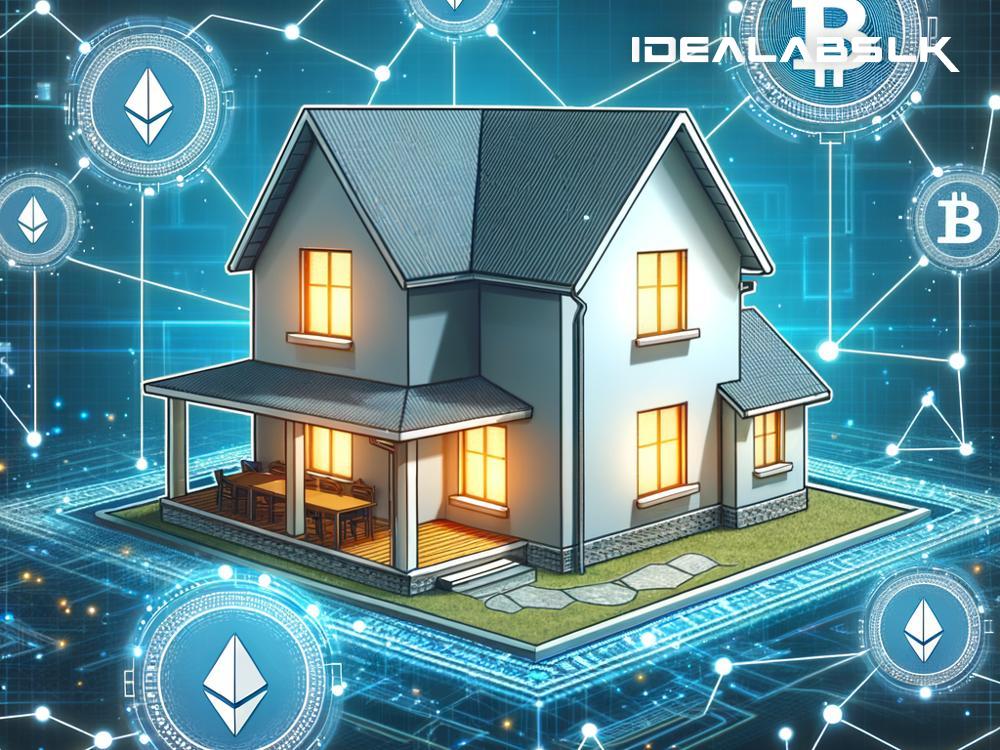Blockchain in Real Estate: Making Property Deals Clearer and Quicker
In the world of buying and selling properties, a new technology is making waves – blockchain. You might have heard about blockchain in the context of Bitcoin or other cryptocurrencies, but it has potential uses far beyond that, especially in real estate. Let's break down how this technology can transform the property market, making transactions more transparent and efficient.
What is Blockchain, Anyway?
Imagine a digital ledger that's not stored in one single place but is instead distributed across a network of computers. This ledger records transactions in blocks, and once a block is full, it's linked to the previous one, forming a chain – hence the name, blockchain. This structure makes it incredibly secure and nearly impossible to tamper with, as altering any information would require changing all subsequent blocks across all copies of the ledger.
Transparency in Transactions
One of the most significant advantages of using blockchain in real estate is the transparency it brings to transactions. In traditional property deals, there's a lot of paperwork involved, and it's not always clear who owns the title to the property, if there are any liens against it, or even if the seller is the legitimate owner. Blockchain can change all that.
With blockchain, all this information can be stored securely and permanently. Each transaction, including any changes in ownership, liens, and even minor encumbrances, can be recorded on the blockchain. This means anyone involved in the deal can have access to a clear, unchangeable history of the property's transactions. It's like having a crystal-clear window into the property's history, ensuring that what you see is what you get.
Smoother, Faster Deals
Real estate transactions are notorious for their complexity and the time they take to close. From the initial offer to the final sale, there are numerous steps involved, including inspections, appraisals, title searches, and securing financing. Each of these steps involves different parties, documents, and, of course, time.
Blockchain can streamline this process by enabling smarter contracts – digital contracts that can automatically execute transactions when certain conditions are met, without needing intermediaries. For example, a smart contract could automatically transfer ownership and release funds once a property passes inspection and the title is verified, drastically reducing the time and hassle involved in closing a sale.
Cutting Through the Red Tape
Another way blockchain can improve efficiency in real estate deals is by reducing the need for intermediaries. Typically, a real estate transaction involves a slew of professionals – real estate agents, lawyers, title companies, and banks, to name just a few. Each of these intermediaries adds their layer of complexity, paperwork, and, importantly, cost to the transaction.
Blockchain can simplify this by providing a secure, efficient platform for direct transactions between buyers and sellers. Smart contracts can replace many of the functions these intermediaries perform, such as verifying the authenticity of the title and transferring funds, potentially leading to faster transactions and reduced costs for all involved.
The Future is Now
While blockchain in real estate might sound like a futuristic concept, it's already starting to take shape. Several startups and established companies are exploring how to integrate blockchain into real estate transactions, and some jurisdictions are looking into how blockchain can be used to record and transfer property titles more efficiently.
However, it's not without its challenges. The widespread adoption of blockchain in real estate requires changes in laws and regulations, not to mention a shift in how professionals in the industry operate. But the potential benefits – increased transparency, decreased costs, and more efficient transactions – make it a compelling proposition.
Conclusion
Blockchain technology holds the promise of revolutionizing the real estate industry, making it more transparent, efficient, and accessible. By providing a secure, immutable record of property transactions and enabling smarter contracts, blockchain can streamline the buying and selling process, reduce the need for intermediaries, and make property deals clearer and quicker for everyone involved. As this technology continues to evolve and gain acceptance, the dream of buying a house with just a few clicks might not be so far-fetched after all.

